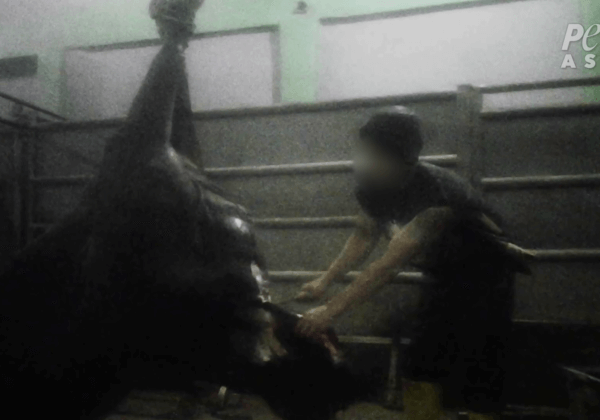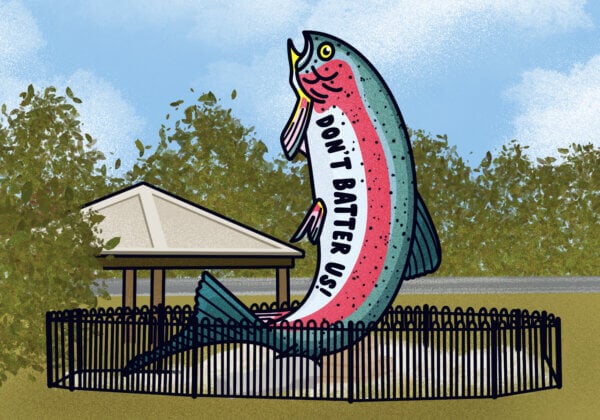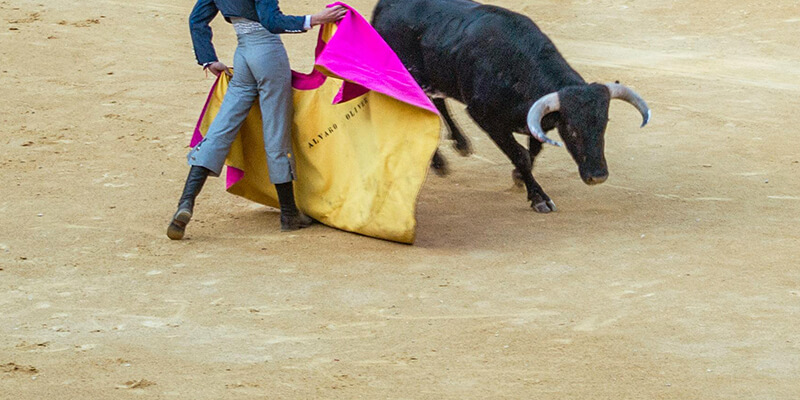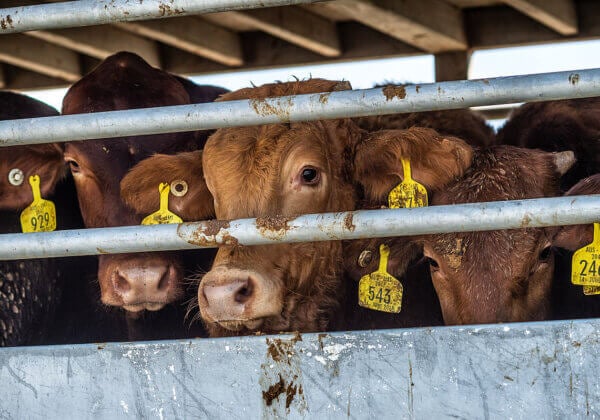Think That What You Saw in ‘Seaspiracy’ Doesn’t Apply to Australia? Think Again
Sometimes, it feels as though it’s Australia’s national pastime to speculate – incorrectly – that the things we see in documentaries or online simply don’t happen here. Currently, while Seaspiracy is making waves on Netflix, everyone is talking about the fishing industry’s impact on the environment.
 Steven Walker
Steven Walker
So, just in case anyone is thinking that Australia is somehow immune to the problems highlighted by the documentary, here are some sobering facts that hit close to home:
The number of large fish species in Australian waters has declined by 30% in the past decade.
A 2018 study by scientists from the University of Tasmania and the University of Technology–Sydney – using data sourced from 533 sites around Australia over a decade – found that the biomass of large fish had declined by 36% on fished reefs and 18% in marine park zones that have allowed for limited fishing. What was the reason behind the decline? Excessive fishing.
At least four species of sharks and skates unique to Australia are at an extreme risk of extinction.
The whitefin swellshark, Sydney skate, grey skate, and greeneye spurdog are all bottom-dwelling sharks, so you’d think they’d be the farthest removed from human interference. But as Seaspiracy watchers will know, trawl nets – which scrape the ocean floor for sea life – are widely used in the industry, and Australia is no different. While these four species are at an extreme risk of extinction, another six species of deep-sea shark are also declining. A report by the Australian Marine Conservation Society found that these 10 shark species had undergone “demonstrable fisheries-driven population declines that have increased their risks of extinction”.
Discarded fishing gear is killing thousands of turtles in northern Australia.
Globally, 6.4 million tons of fishing gear are lost in the ocean each year, and northern Australia has some of the highest densities of ghost nets in the world. The Commonwealth Scientific and Industrial Research Organisation has found that between 5,000 and 15,000 turtles have been killed in the Gulf of Carpentaria after becoming ensnared in derelict fishing nets.
Seventy percent of all seafood eaten in Australia is imported.
While Australia produces a great deal of expensive seafood – such as lobster, abalone, and fresh tuna – the vast majority is exported overseas to countries that are willing to pay more.
Meanwhile, around 70% of all seafood eaten in Australia is imported, and most of the canned tuna on supermarket shelves comes from Thailand.
In one particularly cringeworthy Seaspiracy interview, Mark J. Palmer of the Earth Island Institute – the organisation behind the “Dolphin Safe” tuna logo – admits that the label is meaningless.
There are other eco-labelling schemes and ranking systems used in Australia and worldwide that purportedly encourage brands to use more sustainable practices – but since Australia’s seafood imports are largely unregulated, experts say there is truly no way of knowing whether what you’re eating is sustainable or has even been fished legally, no matter what labels are slapped onto the tin.
Honestly, when fish-free tuna is easily accessible on the shelves of Coles and Woolworths, why would you risk it?
 Bear Witness Australia
Bear Witness AustraliaA fish at a live seafood store in Victoria.
If you haven’t already, please watch Seaspiracy. If you’re hooked on the taste of seafood, try some of the fantastic alternatives listed here or make your own at home. (It’s amazing what you can do with seaweed and liquid smoke!)






